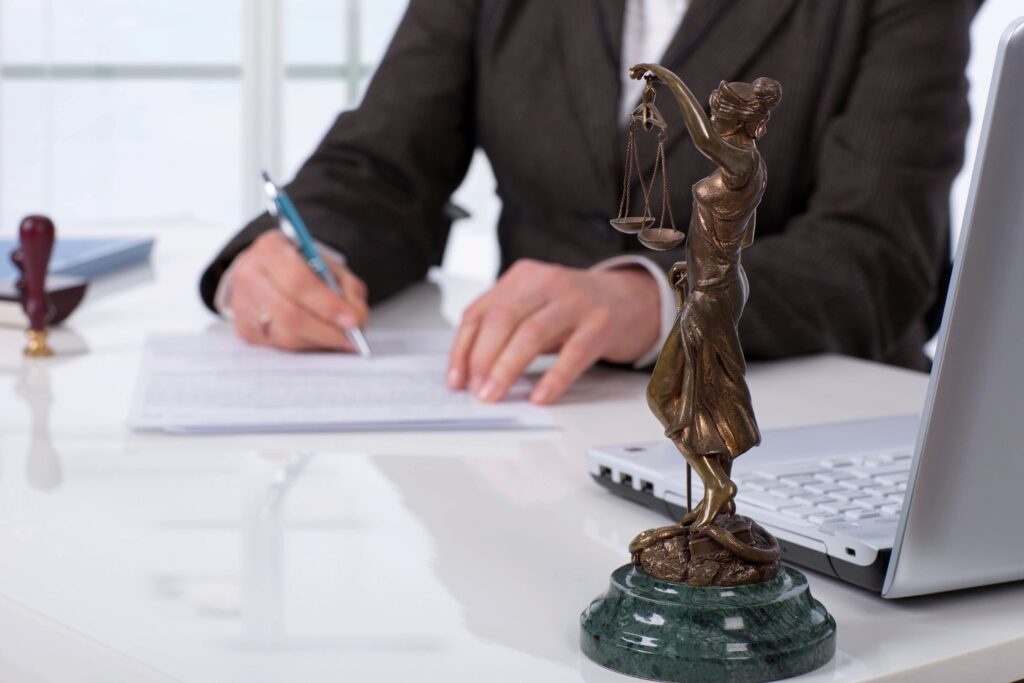The U.S. Copyright Office has released a report emphasizing the urgent need for legislation to combat AI-powered impersonation. The agency’s first recommendation calls for a new law to address the distribution of unauthorized digital replicas, which pose significant threats in various sectors, including entertainment, politics, and personal privacy.
Shira Perlmutter, the director of the U.S. Copyright Office, highlighted the dangers of unauthorized digital replicas in her statement accompanying the report. The advancement of AI technologies has made it easier and more cost-effective to create convincing virtual versions of individuals using minimal data from videos and social media posts. This capability, once limited to public figures, now poses a risk to private citizens as well.
Intellectual Property and Personal Rights
The report delves into the intersection of AI and intellectual property (IP), particularly focusing on an individual’s right to control their identity. Traditionally, individuals did not need to file a copyright to protect their likeness from unauthorized use. However, the rise of AI-generated replicas challenges this notion, necessitating new legal frameworks.
The Copyright Office launched an inquiry last year and gathered public comments to understand the scope of the issue. Their analysis led to several key recommendations for new legislation:
- Liability for Distribution: Liability should arise from the distribution or making available of unauthorized digital replicas, not just their creation. This liability should extend beyond commercial use to address personal harm.
- Duration of Protection: Protection should last for the individual’s lifetime, with potential extensions for postmortem exploitation.
- Safe Harbor Mechanism: Online service providers should be incentivized to remove unauthorized digital replicas upon receiving notice.
- State Rights: Federal law should provide a baseline of protection, allowing states to offer additional safeguards without full federal preemption.
Legislative Context and Next Steps
While the need for such a law is not new, Congress is actively working on related bills. The Copyright Office’s nuanced recommendations could inform these legislative efforts, ensuring comprehensive protection against AI-powered impersonation.
The report suggests that new legislation could draw from existing copyright laws. For instance, an individual’s likeness could be protected similarly to how photos or songs are copyrighted. This approach would account for privacy and identity concerns, with states maintaining the ability to enforce stricter regulations where necessary.
The Copyright Office’s call for urgent action reflects the growing challenges posed by AI in the realm of personal identity and intellectual property. By building on existing laws and incorporating specific protections against digital replicas, Congress can create robust legislation to safeguard individuals from the misuse of their digital likenesses.
See also: AI Startups Intensify Federal Lobbying Efforts Amid Regulatory Scrutiny


















